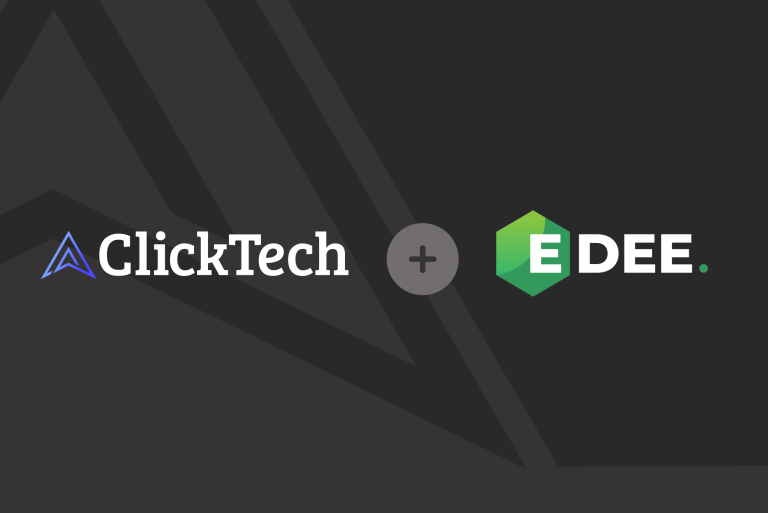TL;DR
- Google Search Console updates messaging interface
- Facebook takes action against fraud
- Facebook enforces new measures to prevent discriminatory targeting
- Google Keyword Planner now lets users share keyword plans
- Google will enable websites to block personalised ads under CCPA
- Google Ads optimisation score now includes display campaigns
Google Search Console updates messaging interface
What: As Google’s Analytics Advocate Daniel Waisberg suggested at SMX East last month, new updates have now gone live on the Search Console. The new method allows users to access their messages within the product without having to leave their reports, simply by clicking on the bell icon at the top right.
Why: The main reason for the update is to improve the usability of the platform, as SEO’s complain they receive too many of the same notifications from different clients. According to Google, being able to access all the messages sent to the site will “help new owners understand the context to that property”.
The result: Advertisers will be able to mark their messages as read and view them by category including Coverage, Enhancement types and Performance. They can access previously sent messages regardless of when they were sent and verified, as well as those received before 23rd May in their personal email or in the legacy message list.
Facebook takes action against fraud
What: Facebook published a blog post on 5th December about filing suit in California against users who violated their Terms and Advertising Policies. The post was written by Director of Platform Enforcement Jessica Romero and Rob Leathern, Director of Project Management, Business Integrity.
Why: It seems there have been ongoing efforts from Facebook to combat any violations to the platform, and that hold these particular individuals accountable would highlight the sincerity. As a result, other advertisers will be aware of the legal actions and “real-world consequences” of deceiving their audience.
The result: According to the blog post, Facebook will continue their work to detect malicious behaviour directed towards their platform and enforce against violations of their Terms and Policies. In turn, Facebook users should be faced with less deceptive ads, promoting items such as “counterfeit goods and diet pills”, and instead experience more authentic content.
Facebook enforces new measures to prevent discriminatory targeting
What: Facebook has announced it’s making strides towards preventing discriminating ad targeting that’s previously been used to exclude minorities and the elderly. It will also include housing ads in its Ad Library, which will help Facebook detect these types of ads and determine whether or not they are being classified correctly.
Why: Facebook’s VP of Ads Product Marketing Graham Mudd described the rules as a milestone in their effort to reduce and eliminate discrimination, reinstating that there has always been “very reasonable and legal non-discriminatory advertising practices.” These ones, though, will positively impact the Ads Manager app, Instagram Promote, the ad creation tools on Facebook Pages and the Facebook Marketing API.
The result: As per the announcement, advertisers will have to relearn how to use the platform given the new restrictions. They can also expect Facebook to roll out employment and credit ads in the searchable ad library, which will include housing ads targeted at a U.S. audience.
Google Keyword Planner now lets users share keyword plans
What: On December 2nd, Google announced that you can now create, save and share keyword plans directly within Keyword Planner. The blog post detailed screenshots of the updated tool acknowledging potential downfalls prior to the update, and referenced how simple it will now be for a retailer planning to launch multiple product lines.
Why: Previously, advertisers would need to create, download and share keyword plans individually, making it difficult to communicate effectively and share new plans with everyone who needed to see them. The new version can be dubbed a smarter, simpler and more useful tool that will hopefully streamline the workflow for those who regularly need to share.
The result: Users will be able to save their efforts manually downloading and emailing their keyword plans with their team and invest that time into leveraging their keyword plans. Though it seems a minor change, as with all Google updates, it’s expected to receive positive feedback from advertisers.
Google will enable websites to block personalised ads under CCPA
What: With the California Consumer Privacy Act (CCPA) set to go into effect in January, Google has already taken measures to ensure it complies. They have announced that websites and apps will be able to block personalised ads, which is similar to the GDPR act that restricts the sharing of personal data.
Why: The CCPA act requires businesses to offer people an opt-out option for the sale of their personal information. In order to be able to target people with personalised ads, personal data must be collected. So, under this new privacy act, it’s easy to see why Google has started making changes in this area.
The result: Which advertisers will be affected is yet to be outlined, but this will be a big change for those that spend large amounts of money on personalised ads. It will become increasingly harder to target specific audiences without data on browsing history and interests.
Google Ads optimisation score now includes display campaigns
What: Google announced on the 4th December that its Google Ads optimisation score will now include display advertising, rather than just reporting on search and shopping. Now, it offers insights into how well advertisers display campaigns are performing, based on the statistic “advertisers who increase their account-level optimisation score by 10 points saw a 10% increase in conversions, on average.”
Why: The score, which is between 0-100, is designed to highlight which recommendations you should implement based on Google’s best practices. This will help advertisers prioritise their improvements and optimise their campaigns with ease, particularly as it shows separate scores for search, shopping and display at the campaign level. One combined score will also be shown.
The result: Advertisers will see unique recommendations for display which will revolve around adding in responsive display ads, expanding on targeting and creating smart campaigns. These updates should help to “prioritise the most impactful actions to improve performance”, and encourage campaigns to work to their full potential.



